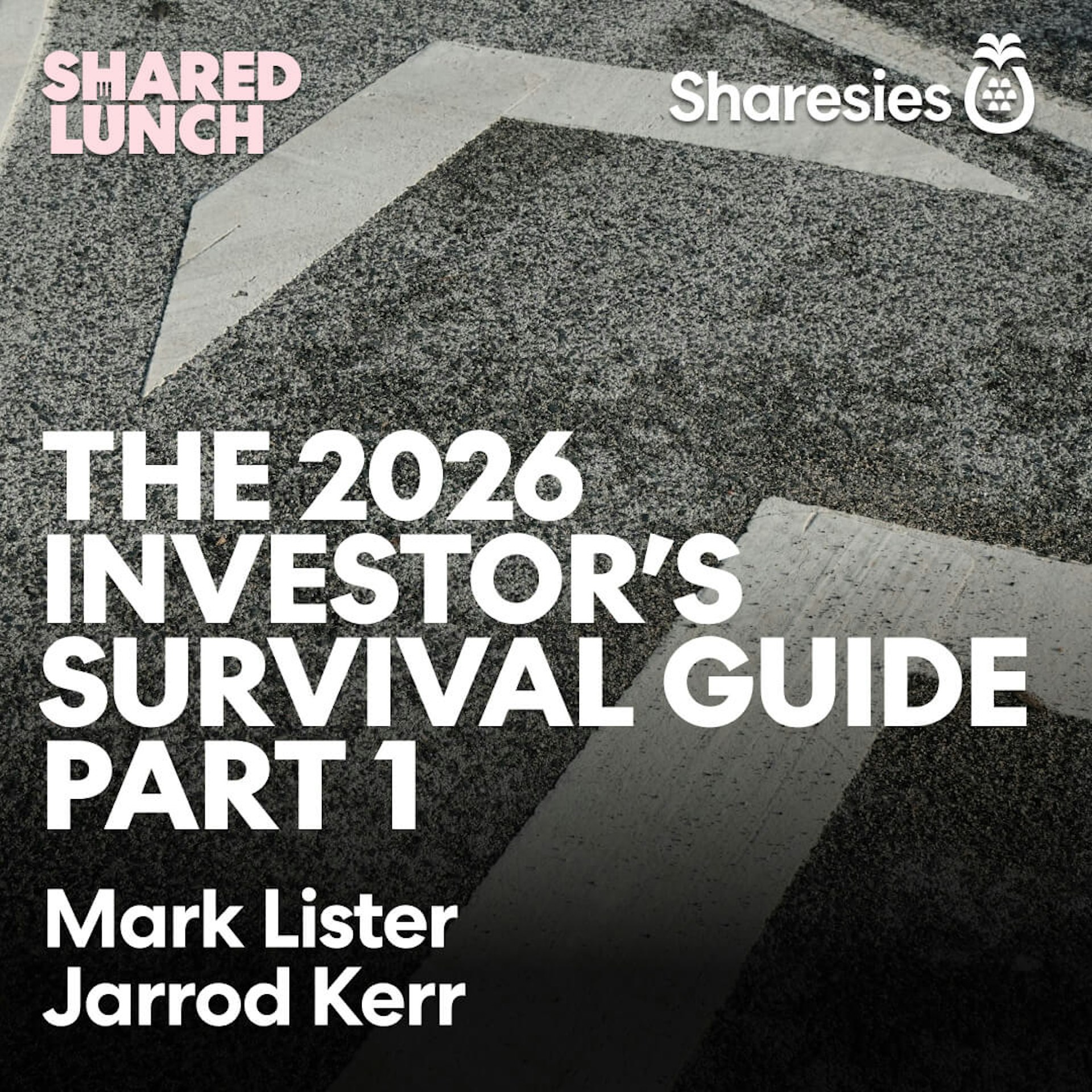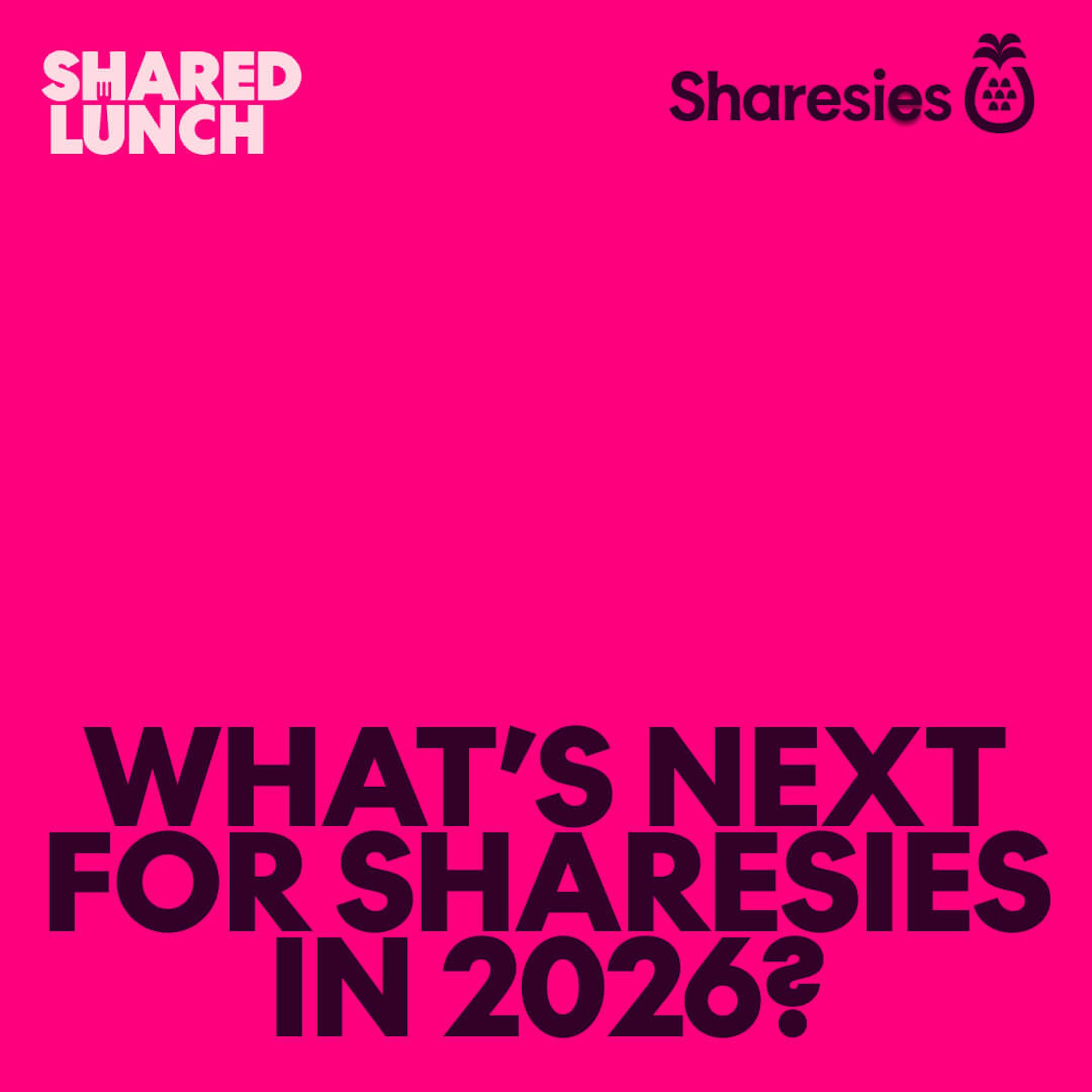Why do shares change price?
If you take a look at a line graph of any share price, you’ll see all kinds of movements. Sometimes it goes up in price, sometimes it goes down. This happens lots of times every day, and the movements tend to be pretty small.
But where do these movements come from? Is there somebody sitting there dreaming up new prices? Sadly, no, although that would be cool.
The reality is pretty cool too, though. Every share’s price is the result of heaps of peoples’ feelings on that share.
Crowdsourced feelings
Let’s say someone owns 100 shares. You want those shares, so you’re willing to pay up to $5 for them. But someone else is happy to sell them to you for $3. Good work! You got a bargain. Now the share price is $3 because that’s what you both agreed on.
Now, let’s say you want another 100 shares. Bad luck—the person who sold you your first 100 shares is fresh out, and the next person isn’t willing to sell for less than $5.50.
Now you have to negotiate. Will you agree to pay more than $5 per share? Or will she agree to accept less than $5.50 a share?
If neither of you are prepared to budge, nothing happens. But if one of you caves, or you meet in the middle, then the share changes price.
Scale it up
This is what’s happening across the entire share market. Lots and lots of people tell the share market how many shares they want, and what they’re willing to pay. At the same time, lots of other people say how many shares they want to sell, and how much they’re willing to accept for them. Every time these two groups match up, some shares change hands—and the price they traded at is the new share price.
The share price goes up when there are more buyers than sellers. If there are 100 shares available at $5 each, but you want 110 shares, you’re going to have to pay more for those last 10 shares, or walk away. Either the price goes up, or the number of buyers goes down (from you walking away).
At the other end, if you want to sell 110 shares for $5 each, but you can only find buyers for 100 at that price, you’re going to need to lower the price for the next 10 shares—or decide not to sell. Again, either the price goes down, or the number of sellers goes down.
These little interactions are happening a zillion times a day, but the general theory always applies—if there are more buyers than sellers, the price goes up. If there are more sellers than buyers, the price goes down.
Going a little deeper
Now that we’ve established that, why would there be more buyers than sellers? This is where it gets really cool—there are all kinds of reasons that people may be willing to buy or sell shares at a certain price!
At any given moment, you might have:
An index fund buying shares to track a market
A professional investor who has done heaps of analysis, and decided that shares are worth more than their current price
A person who got their shares really cheap 10 years ago, and is happy to sell them at the current price
A person who needs cash right away, so is willing to sell their shares at any price
A person who intends on holding onto their shares for 20+ years, so will just pay whatever someone else wants for them.
A trader who buys and sells heaps of times every day, in order to make money off little fluctuations.
Every single one of these people is willing to buy or sell at a certain price, and when a buyer and seller agree on a price, that becomes the share price. When you have lots of people doing this every day, you get a pretty good idea of what people think the share is worth.
It’s also important to remember that share price just shows what people think a company is worth. Interestingly, some companies that don’t pay dividends or make profits still enjoy high share prices. That’s because people think that these companies are going to do well in the future—or they at least think that the share price will be higher in the future! This is basically making a bet on a company’s future success.
Going a bit wider
The same thing happens with everything in the economy, but it doesn’t happen as quickly. We’ve talked in the past about inflation, and how a growing economy can make things more expensive. This is the same concept. If people are getting richer, and have more money to spend, then there will be more buyers for everything in the economy. This makes prices go up.
This is part of why prices tend to steadily rise. Over the long run, we’re all getting richer, as technology makes us more productive and more people are born. That’s more people making things, more people selling things, and more money in everyone’s pocket.
What to do with this?
Now we know why prices go up and down, but can we predict what’s going to go up, what’s going to go down, and when? We wish! As you can see, it’s the product of lots and lots of people making decisions for all kinds of different reasons. There are people who make a living trying to predict what the crowd will do, but it’s hard work, not to mention risky business if you bet wrong.
So while it’s nice to have an idea of why shares are changing price, the best thing you can do to avoid getting burned by is to stay super diverse and just ride the rollercoaster until you come out ahead. That’s the best way to protect yourself from the wrong end of those crowdsourced feelings.
Ok, now for the legal bit
Investing involves risk. You might lose the money you start with. If you require financial advice, you should consider speaking with a qualified financial adviser, or seek independent legal, taxation, or other advice when considering whether an investment is appropriate for you. Past performance is not a guarantee of future performance. This content is brought to you by Sharesies Limited (NZ) in New Zealand and Sharesies Australia Limited (ABN 94 648 811 830; AFSL 529893) in Australia. It is not financial advice. Information provided is general only and current at the time it’s provided, and does not take into account your objectives, financial situation, and needs. We do not provide recommendations. You should always read the product disclosure documents available from the product issuer before making a financial decision. Our disclosure documents and terms and conditions—including a Target Market Determination and IDPS Guide for Sharesies Australian customers—can be found on our relevant NZ or Australian website.
Join over 930,000 people



